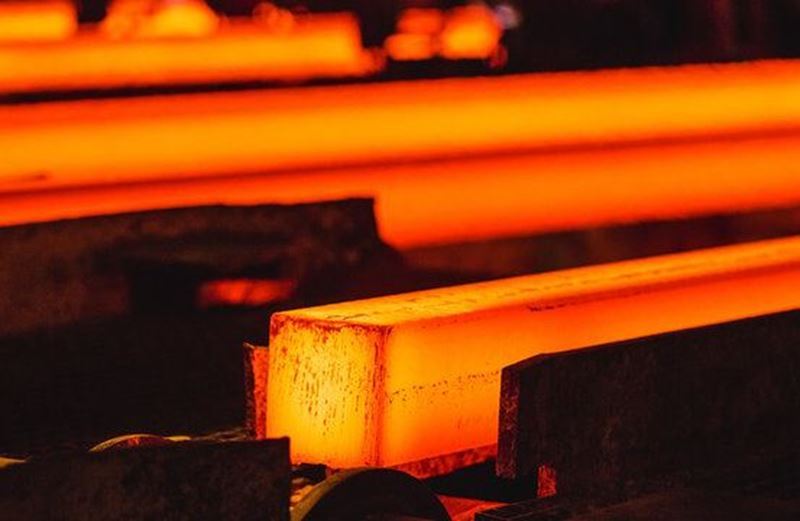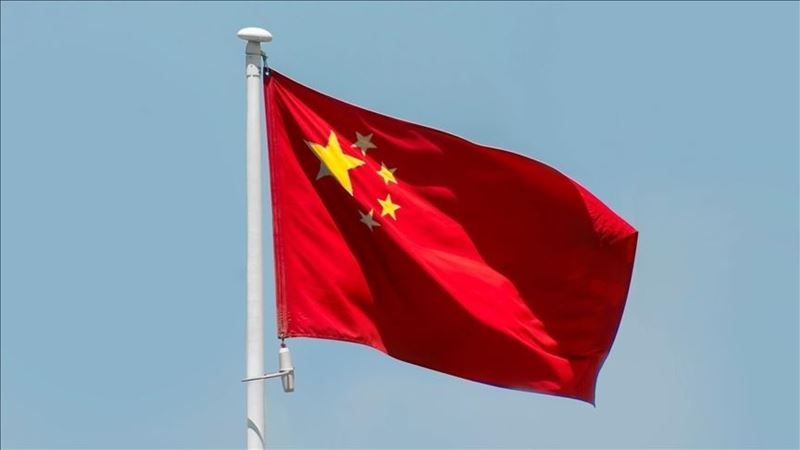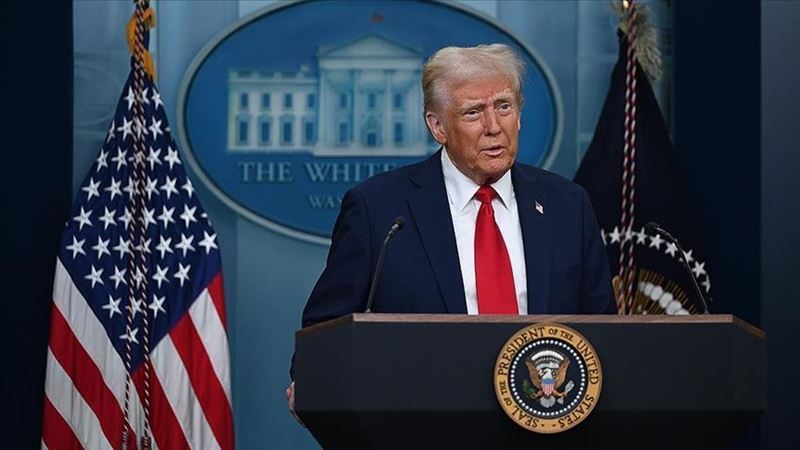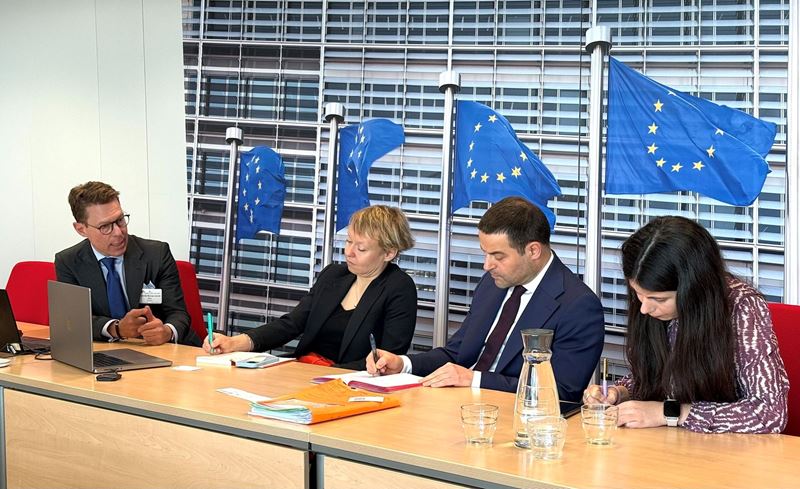Turkish Steel Producers Association issued a press release on crude steel production in August.
In August 2023, Türkiye's crude steel production decreased by 2.9% yoy to 2.8 million tons.
In the January-August period, production decreased by 12.1% to 21.6 million tons.
Final product consumption increased
Finished product consumption increased by 19.5% to 2.8 million tons in August compared to the same month of 2022, and by 17.4% to 26.1 million tons in the January-August period.
Exports fell both in quantity and value
In August, compared to the same month of 2022, exports of steel products decreased by 25.4% to 1 million tons in quantity and 33.4% to 775.8 million dollars in value.
In the January-August period, compared to the same period of 2022, exports decreased by 41.8% to 6.4 million tons in quantity and 49.1% to 5.3 billion dollars in value.
Imports increased in quantity but decreased in value
In August 2023, compared to the same month of 2022, imports of steel products increased by 17% to 1.3 million tons in quantity and decreased by 8.9% to 1.1 billion dollars in value.
In the January-August period, compared to the same period of 2022, imports increased by 21.4% in quantity to 12.4 million tons and decreased by 5.2% in value to 10.6 billion dollars.
Foreign Trade Balance declined to 50%
The ratio of exports to imports, which was 93.3% in the eight months of 2022, decreased to 50% in the same period of 2023.
WORLD STEEL PRODUCTION increased by 2.2%
According to data released by the World Steel Association (worldsteel) for August 2023, world crude steel production increased by 2.2% to 152.6 million tons compared to the same month of the previous year and by 0.2% to 1 billion 256 million tons in the first 8 months of the year.
In the first 8 months of the year, China's crude steel production increased by 2.6% compared to the same period of 2022 and reached 712.9 million tons, while second-ranked India's crude steel production increased by 10.5% to 92.9 million tons and Japan's production decreased by 3.8% to 58.4 million tons.
TÇÜD evaluated the latest data as follows;
In the first 8 months of 2023, world steel production increased on a cyclical basis for the first time this year, while Turkey's crude steel production decreased by 12.1%. Final product consumption, on the other hand, continued to increase by 17.4%.
In the 8-month period, the increase in wire rod imports reached extraordinary levels. Especially with wire rod imports from Malaysia and Egypt, from which we will not import wire rod in 2022, exceeding 100 thousand tons per country, total wire rod imports increased by 99% to 537.5 thousand tons in the first 8 months of the year. On the other hand, hot rolled coil imports from China, which has turned to exports due to the economic stagnation in its domestic market, increased by 162% to 1.4 million tons. The extraordinary increases in imports from South Korea, Japan and Indonesia, especially China, continued. In light of all these developments, our total imports of steel products increased by 21.4% to 12.4 million tons in the first 8 months of the year.
On the export front, our exports to the EU decreased by 45% to 1.6 million tons and to the US by 74.5% to 137 thousand tons due to weak demand in Europe and the increased concentration in the markets of the People's Republic of China and the Middle East countries, which have an advantageous position in terms of input costs, especially energy, compared to our country and benefit from multifaceted state aids. As a result of the decline in exports to other regions as well, the deficit in our steel foreign trade continued to widen as our total exports of steel products decreased by 41.8% to 6.4 million tons in the first 8 months of the year. The decline in the ratio of exports to imports from 93.3% to 50% clearly demonstrated that the deficit has reached unsustainable dimensions for both our industry and the Turkish economy.
As we enter the last quarter of the year, it is of vital importance to take the necessary steps to ease the protectionist approaches applied against our country, on the other hand, to reduce energy input costs and prevent extraordinary increases in imports, to set the inward processing regime in a framework that will encourage domestic input supply, in order to eliminate the negative conditions observed in the steel sector and to achieve the MTP targets.









Comments
No comment yet.